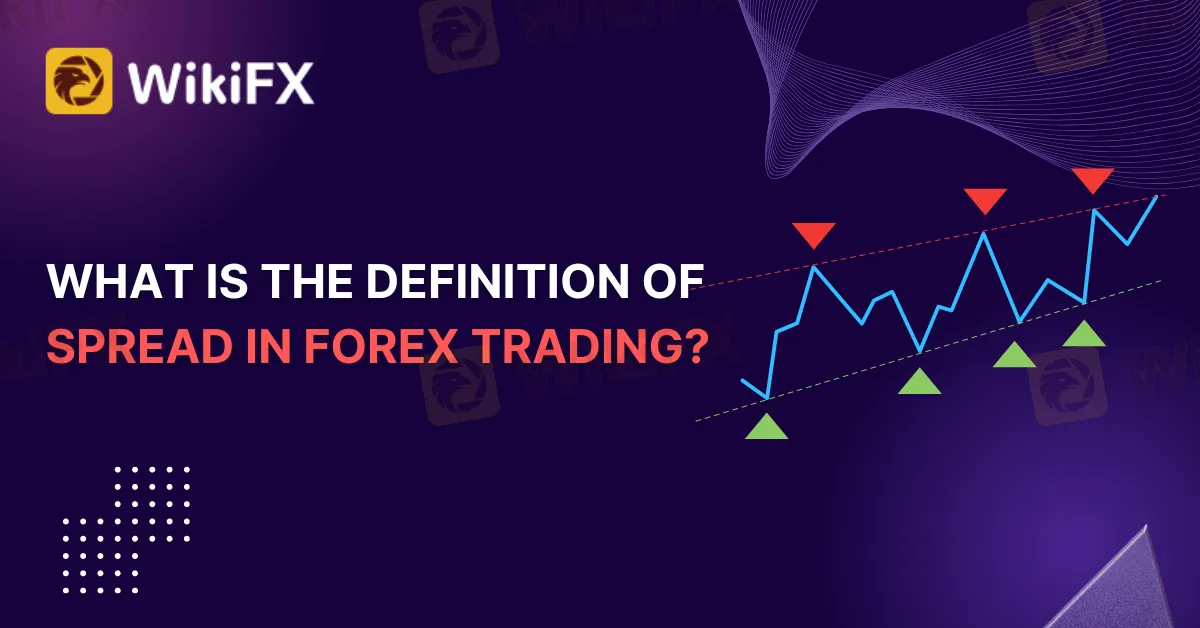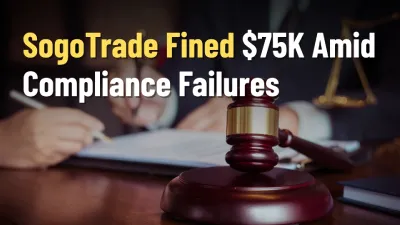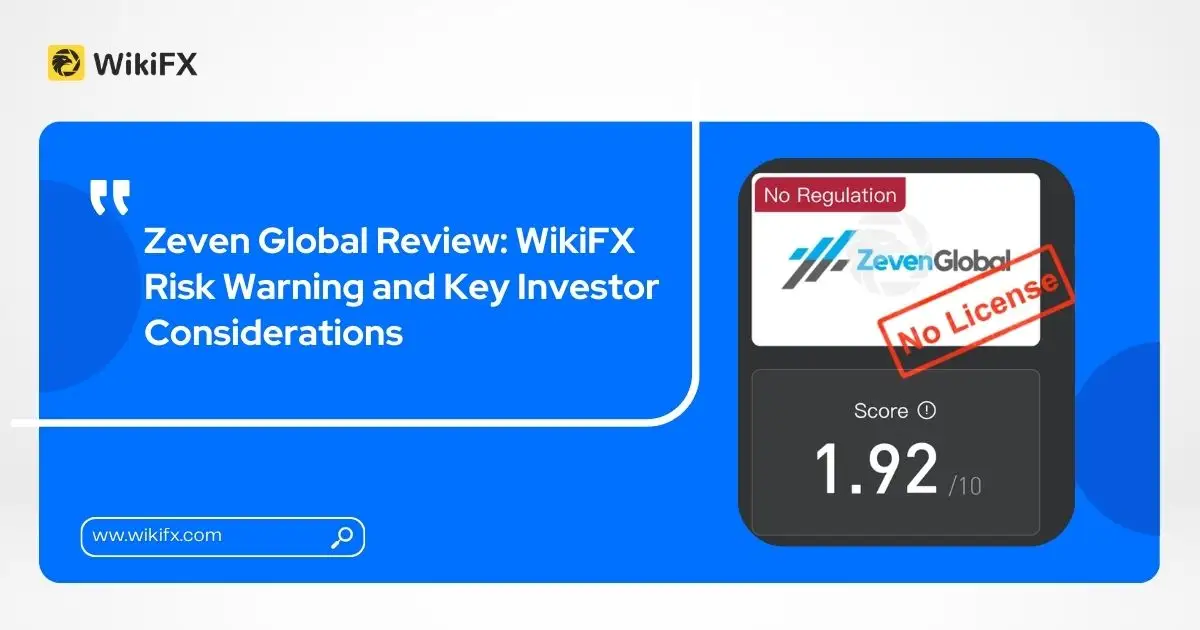Abstract:The forex market is one of the most volatile markets in the world, with even minor issues like the Omicron variant entering a country for the first time having an impact on the currency exchange rate. Calculating the spread between two currencies is a good way for many traders to determine whether or not a trade is good.

The forex spread is the difference between a forex trader's or broker's sell rate and the buy rate when trading a pair of currencies. In this article, we'll talk about how the spread affects the foreign exchange market and how traders can figure it out to make a plan.
Factors Affecting 'Spread'
Because the spread is also the transaction's gain or loss, it's critical to understand how to stop spread manipulation. Manipulation happens when the platform controls the spread without the traders' permission to make the most money possible.
Traders must understand what influences the spread in order to avoid manipulation and misinformation in trades. Keep up to date on economic and geopolitical events that cause it to widen or narrow.
For example, if the unemployment rate in the United States is higher than expected, the dollar will most likely weaken or lose value against most currencies. Because of these things, it's hard for a broker to figure out the real exchange rate. To lower the risk of losing money, they charge a wider spread for a trade.
The time of day can also have a significant impact on the spread. For example, European trading begins in the early hours of the morning in the United States and in the late hours of the evening in Asia. If you book a euro trade while in Asia, the spread will be wider and more expensive than if you trade during European hours.
Simply put, many traders will not trade a currency during hours that are outside of their normal time zone. This is known as a lack of liquidity. When the market is not liquid, it makes it difficult to buy and sell currency. If the brokers couldn't get out of the position, they would increase their spread again to reduce risk.
Keep in mind that there will be a big difference between the two currencies. A wider spread means that there is less liquidity and more volatility in the market. Meanwhile, narrow spreads exhibit low volatility and high liquidity, resulting in lower spread costs.
How to Calculate 'Spread'
Now that you know what factors can cause the spread to widen or narrow, you must learn how to calculate it. To begin, you must learn how currencies are quoted.
They always quote currencies in pairs, with the first being the base currency and the second being the counter, or quote currency. As a result, the quotation formula will quote the currency and base currency. For example, in the case of US dollars (USD) and Canadian dollars (CAD), it takes 1.25 CAD to buy 1 USD, which will be displayed as 1.25/1, and thus the quote is 1.25.
Now that we know how to find the currency quote, we must determine the bid, which is the price at which a broker will buy or sell the base currency in exchange for the quote currency. For example, a trader in the United States wants to buy euros at $1.12/1.125. To book the trade, the trader will be charged $1.125.
If the trader immediately sold the euros to the broker, they would receive the bid price of $1.12 per euro, which would cost the investor about $0.005 based on the bid-ask spread with the broker.
How to Use Spread in Trading Strategies
Because spread helps determine profit or loss in trading, here are some ways you can adjust your trading strategy based on currency spread.
Using the Spread Indicator
A trading indicator can help to improve spread-based strategies. The forex spread indicator plots a curve on the graph to show the direction of the spread in relation to the bid and ask prices. It depicts the spread between the pairs over time, with the most liquid pairs having tighter spreads and the rest having wider spreads.
You can use the indicator to find currencies with low spreads that are frequently traded and to avoid currencies with wider spreads that will cause you to lose a lot of money.
Receive Margin Calls
A margin call will alert you if a spread widens suddenly and dramatically. It will notify you if the value of your account falls below 100% of your margin level. This means you might not be able to meet the trading requirement any longer. If you fall below 50%, you will lose all of your positions.
Stay tuned for more Forex Trading news.
Download the WikiFX App from the App Store or Google Play Store to stay up to date on the latest news on the go.










